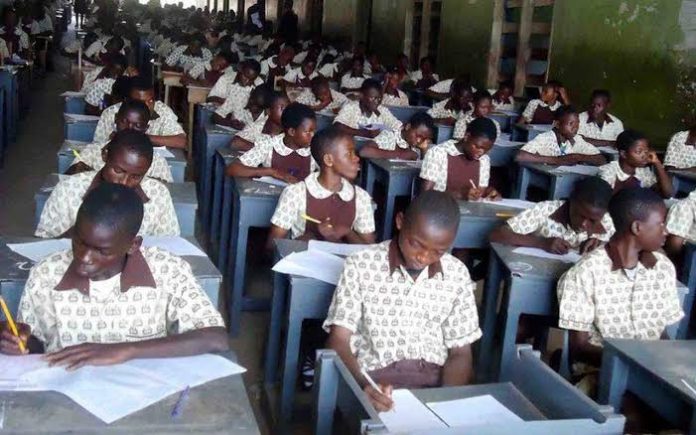The Federal Government of Nigeria has announced a major change in the country’s education system. Instead of having separate Junior Secondary School (JSS) and Senior Secondary School (SSS), students will now follow a 12-year basic education program without interruptions.
What Does This Mean?
Before now, Nigeria used the 6-3-3-4 system, which meant:
- 6 years of primary school
- 3 years of JSS
- 3 years of SSS
- 4 years of university or other higher education
Now, the government is introducing the 12-4 system, which means:
- 12 years of uninterrupted basic education (from primary school to the end of secondary school)
- 4 years of higher education (university, polytechnic, or other institutions)
This means that all Nigerian students will complete their education up to the age of 16 before they can move on to higher education.
Why Is This Change Happening?
The Minister of Education, Dr. Tunji Alausa, explained that this new system is designed to:
- Ensure students complete their education without breaks that could lead to dropping out.
- Give students more learning opportunities, including vocational and entrepreneurial skills, so they can either continue to university or start a career.
- Align Nigeria’s education system with international standards, making it easier for Nigerian students to compete globally.
- Reduce financial and other challenges that stop many students from completing secondary school.
- Help fight child labor and social issues that come from students dropping out too early.
New Entry Age for University
The government is also planning to set 16 years as the minimum age for university admission. This means that students will not be allowed to enter higher education until they have completed their 12 years of basic education.
How Will This Be Implemented?
To make sure the new system works smoothly, the government plans to:
- Improve school infrastructure (more classrooms and better learning environments).
- Train and hire more teachers to handle the new system.
- Update school curriculums to include more practical skills.
- Increase funding and work with education partners to ensure a smooth transition.
What’s Next?
This decision was discussed at the National Council on Education (NCE) meeting, which is Nigeria’s highest decision-making body for education. Commissioners of Education from all 36 states and the Federal Capital Territory (FCT) attended, along with other key education stakeholders.
If fully implemented, this reform is expected to make Nigerian students better prepared for higher education and employment, leading to a stronger economy and society.



